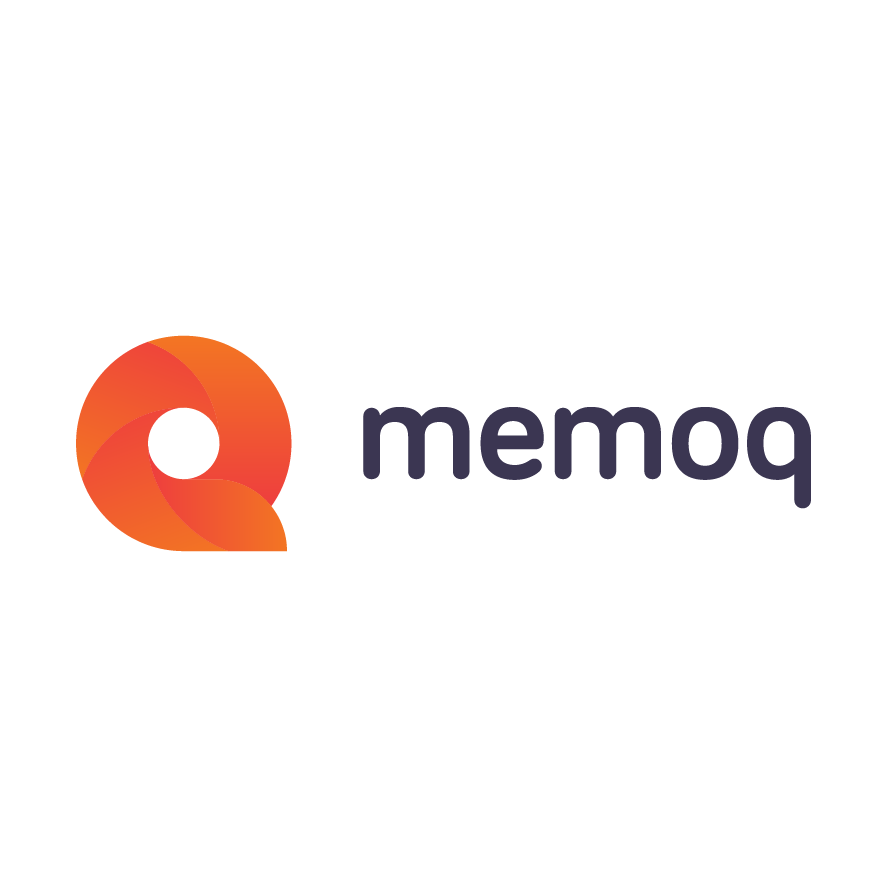memoQ has been gradually expanding its machine translation (MT) plugin offering in recent years.
After having developed connections for MT giants like Google and Microsoft, several plug-ins were added in response to a growing user demand for other engines such as the neural network-based version of Systran and DeepL. Up until last summer, memoQ offered integrations with a total of 15 MT providers.
memoQ 8.6 incorporates two new plugins that target the Asian market, and it does so for two reasons. On the one hand, the region boasts a growing number of memoQ users with needs to cover special local expertise in various regional language combinations. However, another key detail is that Google and Microsoft sometimes fail to fully understand the true meaning and cultural context of certain kinds of Asian language texts. Asian MT providers, therefore, have established an increasingly important role in the region’s translation industry.
The machine translation and post-editing workflow appears to be gathering popularity in Asia due to its time-saving benefits and the increasing accuracy of MT results. More and more Asian language service providers are happy to introduce machine translation in their translation and localization processes to multiply their language service capacities and their overall business impact around the world. To meet these emerging needs, memoQ 8.6 now introduces integration with two Asian MT providers: Tmxmall and TexTra.
Tmxmall, the leading Chinese MT Engine
Based in Shanghai, China, Tmxmall is one of the region’s leading technology companies specializing in language content management and promoting the global sharing of translation memories. Their team of technology and language geeks aim to provide professional technology solutions for translators and MT providers alike. Tmxmall offers services and products that revolve around the translation memories ecosystem to help translators fully leverage all available resources and effectively manage their linguistic assets.
Currently, Tmxmall’s MT plugin is integrated with 8 machine translation engines: Google Translate, Alibaba Translate, Mr.Translator by Tencent, Baidu Translate, Sougou Translate, Youdao Translate, NiuTrans, and NewTranx. Users of Tmxmall’s MT plugin can easily enable any of these MT engines via their Tmxmall user center interface, without having to use a separate service account for each MT engine’s API. Except for Google, the MT engines in Tmxmall’s offering are all developed by Chinese MT providers with the help of Chinese and foreign languages linguists, offering suggestions that are more culturally accurate and appropriate when translating from Chinese into other foreign languages. Furthermore, these MT engines provide not only generic machine translation but also domain-specific results. For example, NewTranx offers MT services focusing on 8 domains such as legislation, news, and tourism, while Alibaba Translate specialties are cross-border electronic commerce and instant message translation.
TexTra, the Japanese National Research Project
TexTra is a neural machine translation engine developed by the National Research and Development Institute of Information and Communications Technology (NICT) of Japan. It offers machine translations for all combinations of the following languages: Japanese, English, Chinese (Simplified and Traditional), and Korean.
Thanks to the ongoing cooperation with the Japanese patent office, TexTra produces highly accurate translations of long sentences typically used in patent-related documents and manuals. Therefore, TexTra is extremely popular among patent translators in Japan. In addition, due to its Asian-heavy language offering, TexTra is extensively used in projects where both the source and the target languages are Asian, e.g. in translations from Japanese into Chinese.
A Note on Confidentiality of Machine Translation
Machine translation providers are becoming increasingly aware of the confidentiality requirements of the professional translation market, where translators and companies must protect the intellectual property of their customers, as well as their own. Of the MT services added with memoQ 8.6, TexTra claims that their service does not save any information from the source text it receives for translation. Similarly, the latest version of Microsoft’s MT service (version 3, which will also be supported in memoQ soon) claims to be “GDPR compliant as a processor”. Users of translation tools like memoQ are often afraid that their final translations could somehow be used without their consent. Rest assured: this cannot and could never happen with memoQ. Granted, memoQ does have a “self-learning MT” feature since version 8.2, which is technically able to “send translations back”, but this feature is optional for the user, and it is supported by only one provider (tauyou). In addition, even this self-learning MT in memoQ is not about “giving up” your translations: instead, it is used to increase efficiency for those who maintain their own custom engines from their own previously finished translations. The self-learning option allows the user to continually train their custom engine with individual translated sentences instead of the lengthy and cumbersome process of re-training the engine from scratch.
Want to learn more about machine translation?
Zsolt Varga is a Product Owner at memoQ. He has 16 years of 

memoQ
memoQ is among the world's leading translation management systems. The favorite productivity tool for translation professionals around the globe.




